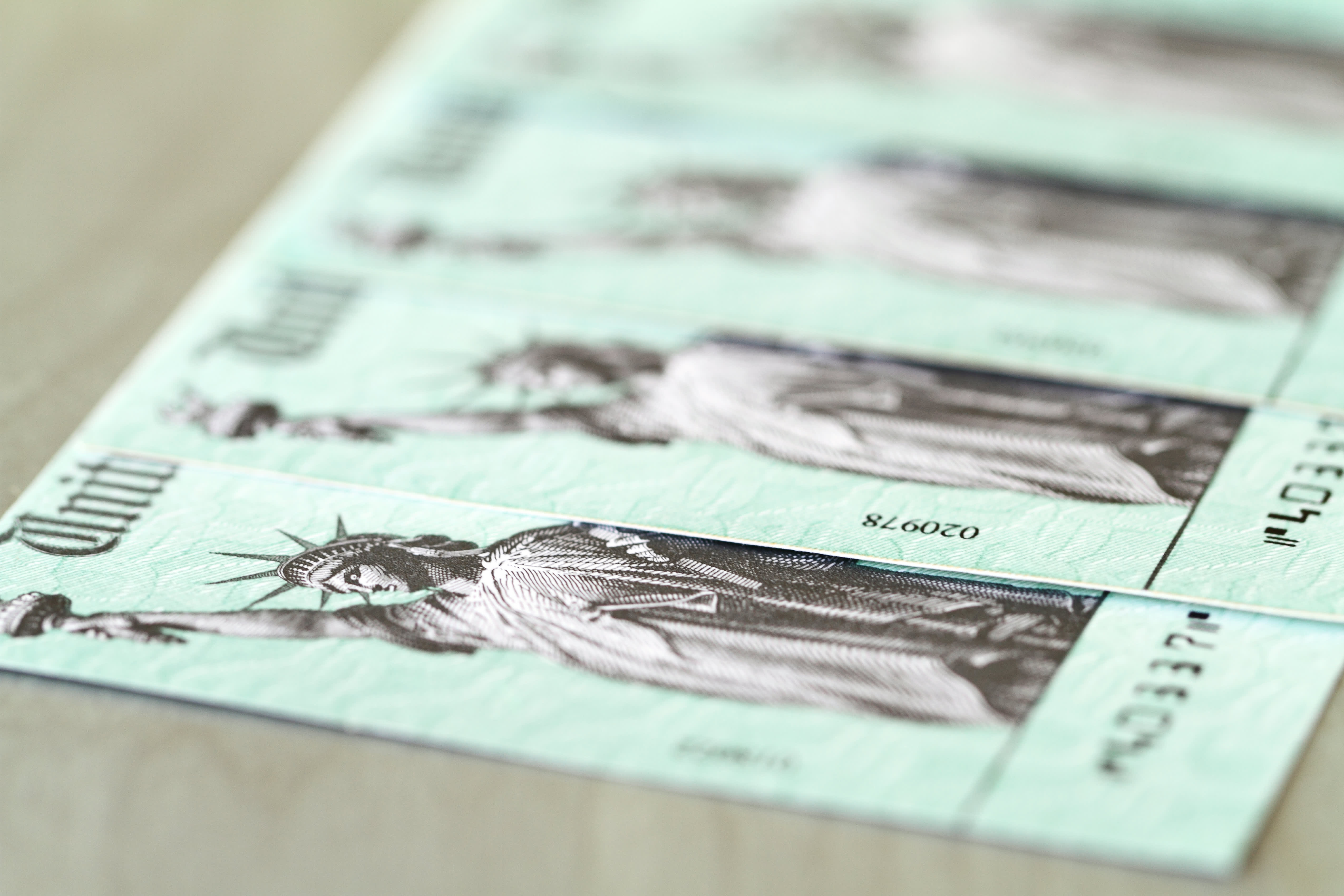
NoDerog | iStock | Getty Images
As Congress pushes through a $2 trillion stimulus bill, some Americans can expect checks from the government to help them cope with the economic devastation stemming from the coronavirus crisis.
Those payments are expected to be $1,200 for individuals, or $2,400 for those who are married and file income taxes jointly. It also includes $500 per child.
But you have to meet certain qualifications in order to be eligible for the money, based on your adjusted gross income in your latest tax returns. If you earn more than $75,000 as an individual, $112,500 as the head of household or $150,000 if you are married and filing jointly, the amount of those checks starts to get reduced.
Checks will be reduced by $5 for every $100 exceeding those thresholds. It completely phases out at $99,000 in income for individuals, $146,500 for head of household filers with one child and $198,000 for joint filers with no children.
However, you are still eligible for a check if you have no income or if you rely solely on non-taxable government benefit programs like Supplemental Security Income benefits, or SSI, from Social Security.
You also must have a valid Social Security number in order to receive the funds.
More from Personal Finance:
How to get fast cash during the coronavirus pandemic
Congress may let you skip mandatory withdrawal from retirement accounts
Why staying invested in a downturn can help your 401(k) recover faster
If you didn’t yet file a 2019 return, the government will use your 2018 information if it has it. It also may use a 2019 Social Security benefit statement, or Form SSA-1099, or the Social Security Equivalent Benefit Statement, or Form RRB-1099.
Some individuals are specifically excluded from receiving payments. That includes nonresident aliens, individuals whose deductions can go to another taxpayer, and estates or trusts.
The legislation calls for sending out the payments “as rapidly as possible.” Eligible individuals will receive the funds electronically if they previously authorized refunds to be delivered to them that way. Otherwise, they will be sent out via postal mail.
Congress’ coronavirus relief bill would also significantly expand unemployment benefits for Americans who lose their jobs due to the country’s recent economic contagion.
Self-employed workers, those seeking part-time work, and workers who quit their job or can’t reach their place of work as a result of COVID-19 are among those eligible for benefits.
This is a developing story. Please check back for updates.



